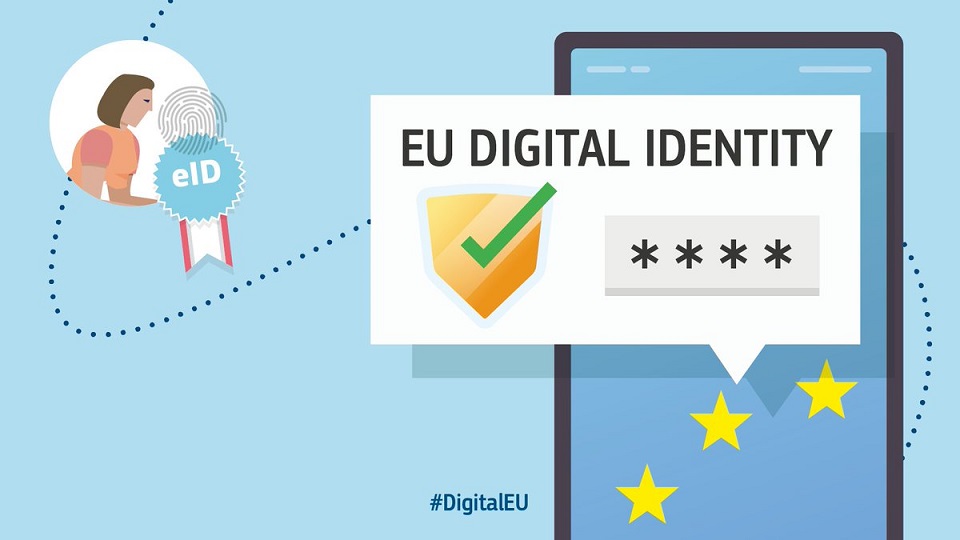
The European Digital Identity wallet will provide a secure and user-friendly tool for the identification of the customer and for the authentication of the payment. Therefore, the European Digital Identity could play a key role in making digital payments safer, more convenient and foster innovation in payment services.
The European Commission (EC) is now working on electronic identification (eID) and its further harmonisation across Europe as secure eID should be an essential feature in the digital world. European Payments Council interviewed* Lorena Boix Alonso, Director for Digital Society, Trust & Cybersecurity at DG CONNECT to know more about Europe’s digital future, eID and how European member states and citizens will be able to benefit from it.
The European Digital Identity should enable residents and businesses to identify themselves and to safely share certain personal information with public and private services across the Union. The European Digital Identity will be stored in a wallet on the mobile phone. This will make it convenient to share only the relevant information in a fast and user-friendly way under the citizen’s control.
If a student with a bachelor’s degree issued in Portugal, for example, wants to apply for a Master Degree in Spain, she/he should comfortably do so using the European Digital Identity to prove both her/his identity, but also the diploma already gained in Portugal.
Digital identity solutions become increasingly relevant for the payment sector as financial services shift progressively from traditional face-to-face business towards the digital environment.
PSD2 requires all payment service providers to apply strong customer authentication (SCA) whenever a user initiates an electronic payment transaction or accesses its payment account online. According to our proposal for the European Digital Identity Wallet payment service providers will have to accept it for the SCA performance, if the client wishes to use the wallet. Additional SCA means can be offered, but I expect the European Digital Identity Wallet will play a key role for an efficient and safe SCA in the future.
As announced in the Commission’s Retail Payments Strategy, the Commission is reviewing the PSD2 with a view to assessing if its provisions are still fit for purpose. In that context, and also depending on the outcome of co-decision process on the revised eIDAS Regulation, the Commission may assess the need for amendments to the PSD2 if needed to ensure a full consistency between the two legal acts.
The Commission published the legislative proposal in June 2021. Now the Member States and the European Parliament are in the negotiations. The legislative procedure requires that they agree on the legal framework for the European Digital Identity Wallet. The European Parliament is committed to vote on its report in November 2022. I am optimistic that the Council can progress within a similar timeframe. If an agreement could be reached in 2023, the European Digital Identity Wallet could go live by 2024.
At the Commission, we are currently undertaking several parallel projects (e.g. developing a technical toolbox and launching pilots for the wallet) to facilitate a fast uptake of the European Digital Identity Wallet. The large-scale pilots will support the usage scenarios of the Wallet. Public and private sector service providers will integrate their systems with the Wallet. Let me highlight one concrete example: the pilot could demonstrate how the wallet user can authorise payments for products or services online and at physical points of sale. We extended the call for proposals to 17 August 2022. I am already looking forward to starting this practical phase of the implementation of the wallet.
Full Interview here
*The views expressed in this article are solely those of the author and should not be attributed to the European Payments Council.
Banking 4.0 – „how was the experience for you”
„To be honest I think that Sinaia, your conference, is much better then Davos.”
Many more interesting quotes in the video below: